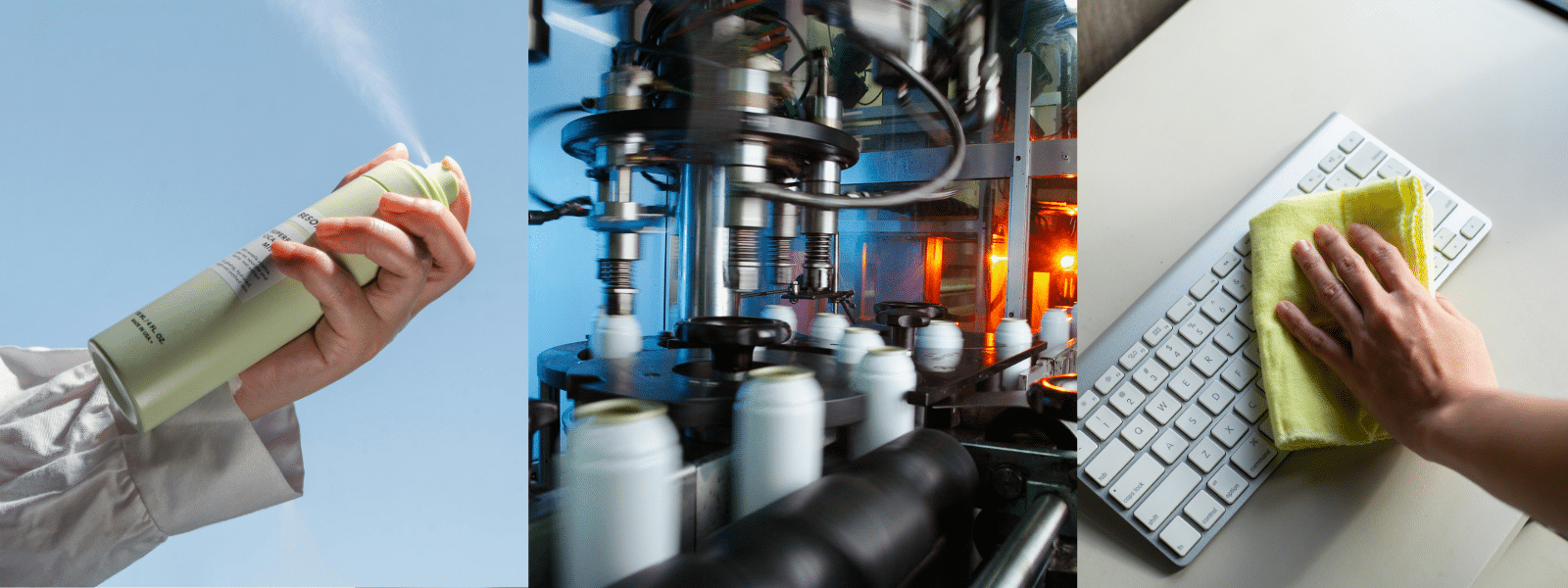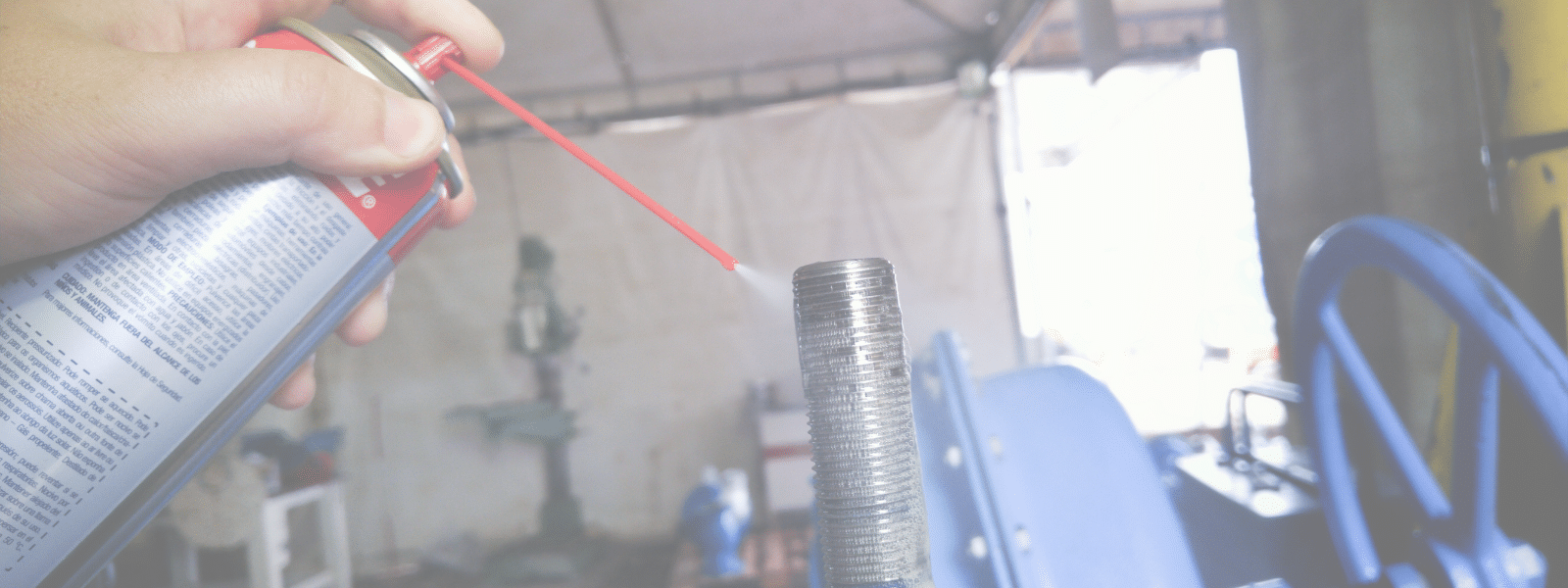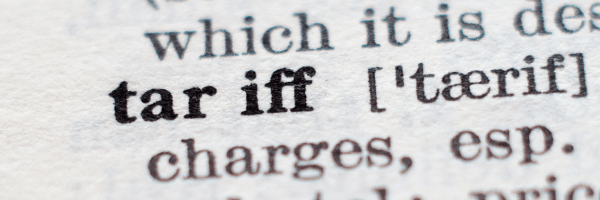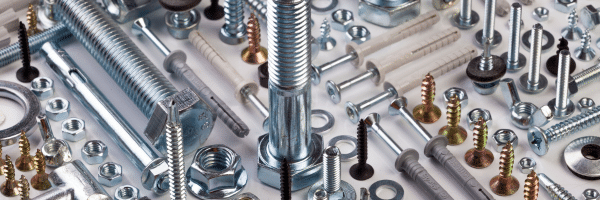Inside of nearly every piece of electrical equipment are metal electrical contacts that facilitate the transmission of electricity from the utility line to the electrical operating system of the equipment. If the contacts were removed, the equipment would immediately cease to operate.
Improperly maintained electrical contacts can sabotage to operation of electrical equipment, too. The equipment may still operate, it does so less efficiently. This is why companies and organizations use industrial electrical contact cleaner to maintain electrical contacts in long lifespan equipment that plays a crucial role in business operations.
Characteristics of Electrical Contact Cleaner
Technically, there are hundreds of cleaners that could be used to remove accumulations from electrical contacts, but a suitable cleaner always possesses two characteristics: It is safe concerning how it affects the metal it cleans, and it is safe for maintenance workers to apply to contacts that the metal comprises. Below are overviews of what defines each characteristic.
- Safe for Metal
Anyone who knows much about metallurgy understands that not all metals are the same regarding how they react to cleaning agents, even metals are classified under the same umbrella, such as “steel”. For example, stainless steel, which contains at least 10.5% chromium by mass, often has different reactions to cleaners than carbon steel, which contains 0.12–2.0% carbon by mass.
To continue the example, the specific type of stainless steel or carbon steel you need to clean, as determined by the metal’s microstructure, also defines the suitability of a cleaner. For instance, the cleaning agent sodium hypochlorite is generally considered compatible with 303 stainless steel, but the same agent can cause other grades of stainless steel to oxidize.
Regarding metal safety, the corrosion potential of a metal is the primary consideration for choosing an electrical contact cleaner. When metal contacts corrode, the resulting heterogeneous microstructure of the metal can impede the flow of electricity significantly.
- Safe for Workers
More information about the safety of cleaning agents for humans is available than information about the safety of cleaning agents for metal — and the information is generally easier to understand, as it’s primarily predicated on negative health effects and sudden injuries that hazardous cleaners can cause in those who are chronically exposed to the agents.
An electrical contact cleaner that is truly safe for workers typically possesses three primary characteristics that denote its safety: It contains no hazardous air pollutants (HAPs), contains no volatile organic compounds (VOCs) or has low VOC content, has a high flashpoint or no flashpoint, and features a dielectric formulation.
These characteristics prevent workers from experiencing acute and chronic health conditions associated with exposure to toxic substances, prevent them from receiving burns due to the combustion of the cleaning agent, and protect them against electrical shock when they clean energized equipment that can’t be powered off during the cleaning operation.
Contact Ecolink Today
If you need help selecting an electrical contact cleaner that is safe for the metal you need to clean and those who do the cleaning, contact the solvent specialists at Ecolink. We have a variety of environmentally preferred cleaners that are suitable cleaning electrical contacts. We also have the technology to create a custom blend if one of our stock cleaners doesn’t meet your needs. Call us today at (800) 563-1305, or fill out the contact form on our website.















